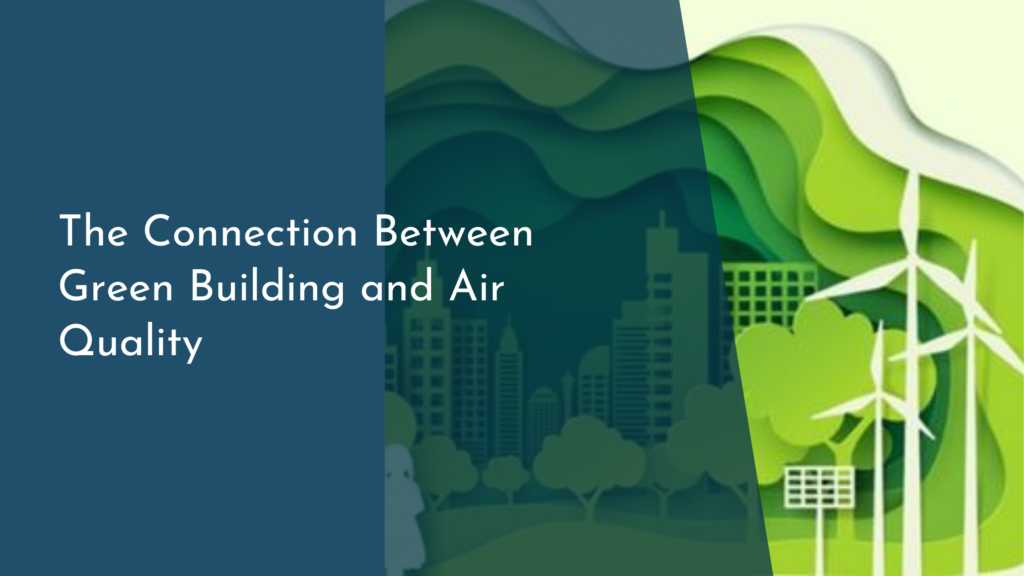The Impact of 5G on Eco-Friendly Technology
The Impact of 5G on Eco-Friendly Technology
With the rapid advancement of technology, 5G is poised to revolutionize not just communication, but also our approach to environmental sustainability. As we stand on the brink of a new era, the integration of 5G into eco-friendly technologies promises to drive profound changes across various sectors. This article explores how 5G is enhancing eco-friendly innovations and its pivotal role in creating sustainable energy solutions for a greener future.
Introduction to 5G and Eco-Friendly Innovations
5G, the fifth generation of wireless technology, promises faster speeds, higher capacity, and ultra-reliable connectivity. Unlike its predecessors, 5G is designed to accommodate and enhance the growing ecosystem of connected devices, from smartphones to smart home technologies. This new generation of connectivity is particularly significant for eco-friendly innovations as it opens up unprecedented opportunities for developing more efficient and sustainable technologies. The low latency and high reliability of 5G enable real-time data processing and decision-making, which is crucial for optimizing renewable energy systems and smart city infrastructures.
Eco-friendly innovations have been steadily evolving over the past decades, with a particular focus on reducing carbon footprints and promoting sustainable practices. The integration of 5G technology into these innovations amplifies their effectiveness and reach. For example, smart grids powered by 5G can efficiently manage energy distribution, reducing waste and promoting the use of renewable resources. Moreover, 5G’s capacity to support a massive number of IoT devices allows for comprehensive environmental monitoring, thereby enabling timely interventions to prevent ecological damage and optimize resource usage.
Enhancing Efficiency with 5G Technology
One of the significant advantages of 5G technology is its ability to enhance efficiency across various sectors, thereby promoting eco-friendly practices. In agriculture, for instance, 5G-enabled IoT devices can provide real-time data on soil conditions, weather patterns, and crop health, enabling farmers to make informed decisions that optimize resource use and minimize environmental impact. This increased efficiency not only boosts productivity but also reduces the need for chemical fertilizers and excessive water usage, fostering more sustainable farming practices.
In urban settings, 5G technology enhances the efficiency of smart city solutions, which are crucial for reducing the environmental footprint of urban populations. From smart traffic management systems that reduce congestion and emissions to energy-efficient smart buildings, 5G enables the seamless operation and integration of various systems. These advancements help cities become more sustainable by optimizing resource allocation and reducing wastage, ultimately contributing to a significant reduction in greenhouse gas emissions and other pollutants.
5G’s Role in Sustainable Energy Solutions
5G plays a transformative role in sustainable energy solutions by enabling smarter, more efficient energy management systems. With its high-speed connectivity and low latency, 5G supports the development of advanced smart grids that can efficiently manage the supply and demand of electricity. This capability is especially important for integrating renewable energy sources, such as wind and solar power, which often face challenges due to their intermittent nature. By using real-time data provided by 5G-connected sensors and devices, smart grids can balance energy loads, store excess energy, and ensure reliable delivery to consumers.
Furthermore, 5G technology facilitates the widespread adoption of distributed energy resources (DERs) such as residential solar panels, energy storage systems, and electric vehicles (EVs). By connecting these resources, 5G enables a more resilient and flexible energy infrastructure that can adapt to changing conditions and demands. This connectivity allows for innovative energy-sharing models, where excess energy generated by DERs can be redistributed across the grid, further promoting the use of renewable energy and reducing dependence on fossil fuels.
Conclusion: A Greener Future with 5G Integration
As 5G technology continues to evolve, its integration with eco-friendly innovations holds immense potential for creating a greener and more sustainable future. By enhancing the efficiency of various sectors and supporting the development of sustainable energy solutions, 5G is set to play a crucial role in reducing our environmental footprint. Embracing 5G technology in eco-friendly innovations not only promises economic benefits but also aligns with global efforts to combat climate change and preserve our planet for future generations. Therefore, the synergy between 5G and eco-friendly technology paves the way for innovative solutions that harmonize technological advancement with environmental stewardship.

